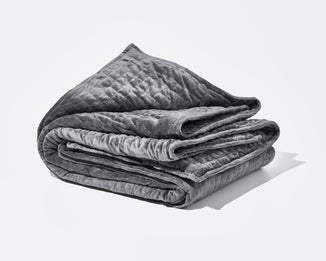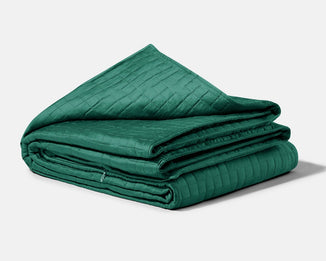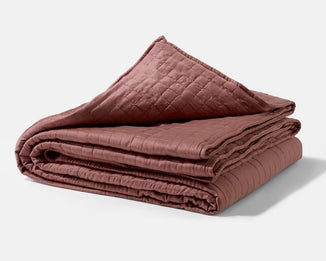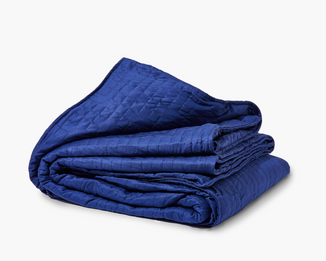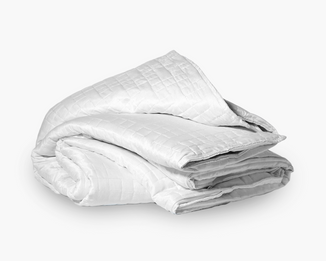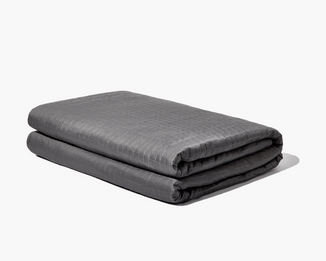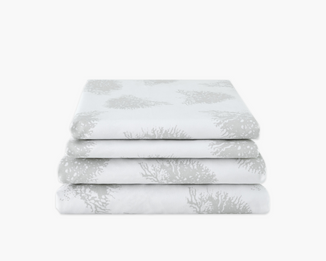
Mar 19, 2020
‘Spring Clean’ Your Headspace
by Jeffrey Borenstein, M.D.
Negative thinking, worries, or mental clutter, no matter what we call the thoughts that build up in our brains, it is important to work on releasing them. Our minds are constantly in fast-forward mode as we are always thinking of the next thing we need to do.
We worry about our health, our jobs, our family, our relationships, how we look, what other people think of us, the past and the future. Our constant thoughts about these things can often get lost in the mental clutter of negative thinking and worry.
As spring approaches many people get the urge to clean up their home and get rid of the clutter. So, what if we do the same thing to our mind? Research shows that clutter affects your brain’s ability to concentrate and process information, which has a flow-on effect on your mood and self-esteem.
First, we should identify some of the causes of worries or mental clutter. These include:
Stress
An excessive amount of stress is the primary reason many people feel overwhelmed with their lives. In fact, the stress created by information overload, physical clutter, and the endless choices required from these things can set off a number of mental health issues including depression and anxiety.
If you mix stress with your daily concerns, you may find yourself having sleep issues, headaches, stomach issues, and body aches and pains.
Urgency
We now live in a culture where we feel that every text and email is important and must be responded to. Every new gadget must be purchased. At some point, all this urgency is leading us to mental and emotional exhaustion. As we process everything coming at us, we analyze, ruminate, and worry ourselves to the breaking point.
Too Much Stuff
Our homes are filled with stuff we accumulate and do not need. Our email boxes are overflowing and our phones tell us we need more storage. With a click on an app we can order anything and have it delivered to our doorstep. All of this extraneous stuff not only sucks up our time and productivity, but also can produce reactive, anxious, and negative thoughts.
Getting rid of all of our extraneous thoughts is crucial to stay focused, motivated and productive.
The most effective ways to deal with our mental clutter include:
Learn How to Let Go
When we hold on to things, it evokes feelings of stress, anxiety and clouds our mind. It stops us from moving forward and moving on. A really great way to de-clutter your mind is to learn to let go of things, understand why a situation has occurred, why you have reacted the way you did, accept it and move on. Eliminating unnecessary thoughts, fears and concerns help reduce stress, boost self-esteem and free up mental space. Monitor your thoughts regularly and try to replace your negative thoughts with positive ones.
Set Your Priorities
Spend five minutes every morning taking stock of what you want to achieve for the day, the week, the month, and so on. Write down some goals and then hold yourself accountable to them. It is a great way to focus your mind on the things that actually matter, and clear out the things that do not.
Your list of priorities may change at different phases in your life, and that is fine as long as you regularly make sure that your priorities are still serving you.
Tune Out and Focus on Yourself
Research consistently shows that the amount of media we consume has a huge impact on our mental health. We fill our time with Facebook and Instagram feeds, streams of tweets and YouTube videos. This abundance of information fills up our brains, which can cause stress and anxiety. Try setting limits on the amount of time you spend on social media. Also, be selective about your media consumption and try and avoid negative content. Switch off your electronics and do something that makes you feel happy like exercise, reading or cooking.
Breathe
Deep breathing is a simple yet effective technique to clear your mind, bring on a sense of calm and elevate your mood. It lowers the heart rate and blood pressure and stimulates the parasympathetic nervous system which helps your body relax.
Talk
Talking to a good friend or a loved one about how you feel is a great way to relieve your worries. Sharing your thoughts with others can also help you look at things from a fresh perspective which can help you think clearer and make better decisions.
If your own mental clutter is just too much for you to handle there is no reason to suffer in silence; seek help from a mental health professional.
Like this article? Then we highly recommend reading, 'NY Times Letter to the Editor on Mental Health Advice During Coronavirus Pandemic' by Dr. Jeff Borenstein.

Your use of this website, its content, and any products obtained through this website is at your own risk. This website, its content, and any products obtained through this website are provided on an “as is” basis, without any warranties of any kind, either express or implied, including warranties of merchantability, infringement of intellectual property, or fitness for any particular purposes. No warranty or representation is made with respect to the completeness, reliability, quality, or accuracy of this website or its content. This website, its content, and any products obtained through this website do not constitute medical treatment and is not a substitute for a medical examination or diagnosis. If you are dealing with a health condition check with your health care provider before using. This website may contain affiliate links that allow us to earn a commission on purchases made through such links. We may accept forms of advertising or sponsorships in connection with this website. There might also be paid topic insertions. We may accept and keep free products, services, and other forms of compensation from others.
